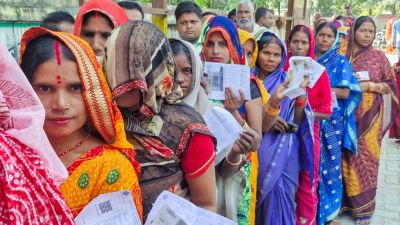7 mn unused doses of H1N1 vaccine to be destroyed
It was a race for preparing the countrys first ever vaccine against the H1N1 virus or swine flu.
It was a race for preparing the countrys first ever vaccine against the H1N1 virus or swine flu. In Pune,Serum Institute of India took up the challenge and launched the indigenously developed vaccine,Nasovac,in July last year. But now that the pandemic has retreated,the institute will have to discard at least 7 million unused doses.
Its a setback, admits Dr Rajeev Dhere,director of the institute,adding that developing the vaccine was a complex and time-consuming process.
The World Health Organization had roped in several companies with expertise in the field to develop a vaccine against H1N1. Serum was chosen from India.
In July,Nasovac was launched and over 1 lakh doses were administered free of cost. The indigenous vaccine was in the form of an inhalation mix and was administered in each nostril in doses of 2.5 ml. We produced at least 10 million doses,but only three million had been sold in India till now. The remaining stock will be destroyed this month as the date of vaccine has expired, says Dhere.
Pune was the epicentre of the pandemic and nearly 50 per cent of the 11,408 swine flu cases in Maharashtra in the last two years were from the city.
Serum has now developed a trivalent flu vaccine against H1N1,H3N2 and influenza B strain. Clinical tests on animals have been completed and the vaccine will be tested on humans in July,says Dhere.



- 01
- 02
- 03
- 04
- 05



























